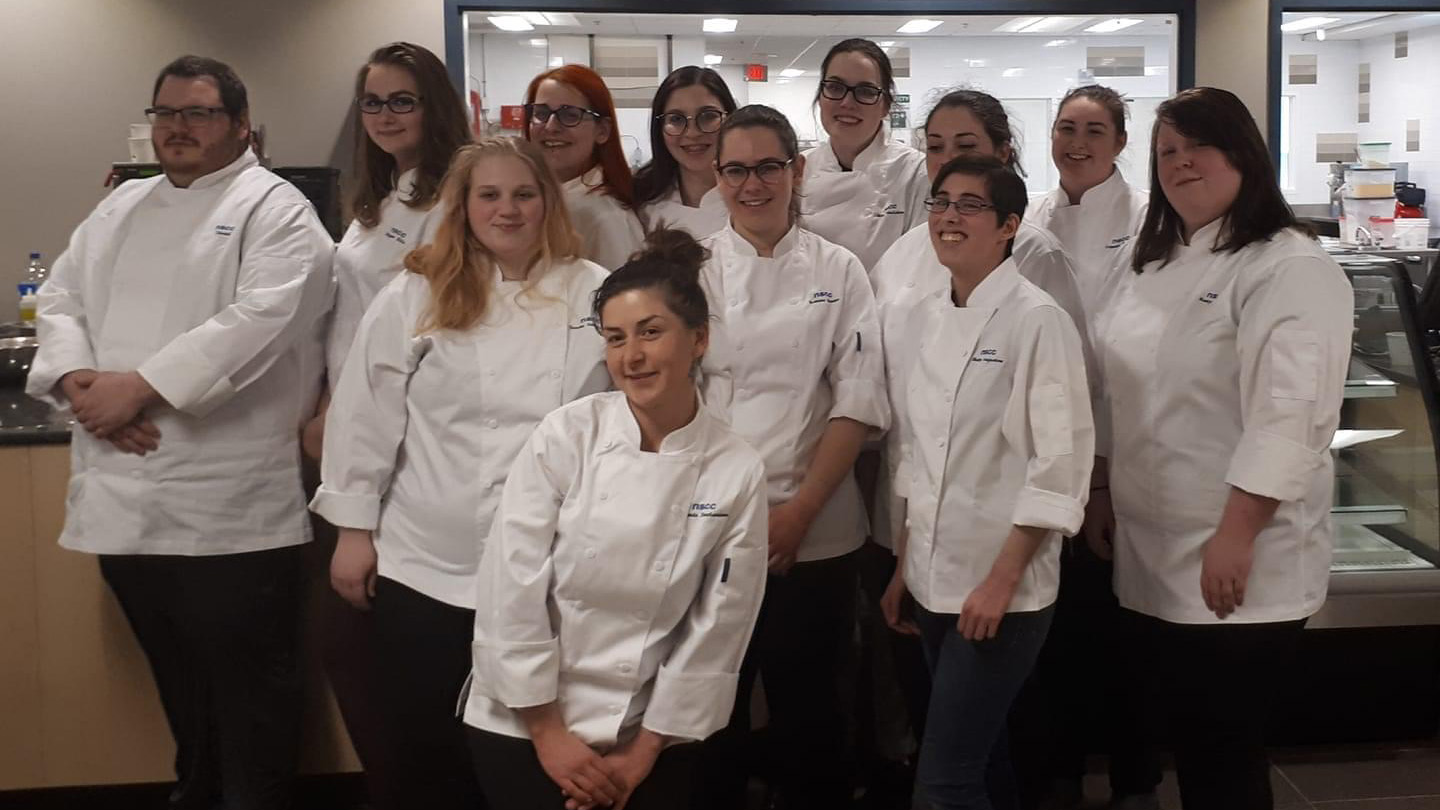The Canadian food service industry lost 180,000 employees during the pandemic.
I was one of them.
When I started in the journalism industry, I was warned about long hours, sleepless nights and tough editors.
None of this scared me. I had a secret weapon on my side: experience in the culinary industry.
When I signed up for pastry school, it didn’t come with a warning. I expected a fun experience, baking cookies and decorating cakes. What I did not expect was the physical exhaustion being in the kitchen entails. Overworked, underpaid hours while toiling through the 40-degree heat to the sounds of screaming cooks, screaming customers, and screaming servers.
Being a cook is one of the most undervalued and misunderstood jobs.
Cooks at many restaurants work at least 12 hours a day. Shifts can run as long as 18 hours. Maybe more. This is not 18 hours of procrastinating, sitting at a desk with a bit of work in between. It’s 18 hours of hard work on your feet.
Breaks are few and far between.
You might be able to slip away after service for a smoke or sit on a milk crate in the fridge to cool down and breathe. You may get a minute to scarf down whatever cold, stale leftover food was left to dry out on the counter from service. But if you sit too long, it’s hard to get back up. When you sit, your body reminds you how exhausted you are. The aches in your legs, back, shoulders and head kick in. And you still have hours left of your shift to go.
You would think being in a kitchen surrounded by food, we could be eating all the time. But there’s no time. There’s never time. And with the pandemic causing restaurants to lose staff in droves, the remaining cooks needed to pick up the slack for the lack of staff and the increase in customers.
Sixty hours a week is child’s play. And don’t expect to get paid overtime. You’re lucky if you even get to collect tips.
So why do it?
It’s addictive. The rush of service, the sense of family, the pride of putting out the perfect product. And with the full-service restaurant industry in Canada being valued at $29 billion, someone has to do it.
But the negatives begin to outweigh the positives. With the pandemic forcing restaurants to close around the country, workers were forced into new sectors.
And that’s when I realized that I could get that rush of adrenaline by covering breaking news. The sense of family in a newsroom. I could still have pride in my product, but my product was now words instead of food.
All the positives of the culinary industry are out there to explore in other fields, but with the added bonus of feeling appreciated. When I showed up early for a shift, people noticed. When I put in extra time, people noticed.
Appreciation is lacking in the culinary industry.
If workers were repaid for their long hours with livable wages, positive feedback, and appropriate breaks, maybe they would stay.
Something has to change, or we’re just going to keep leaving.

